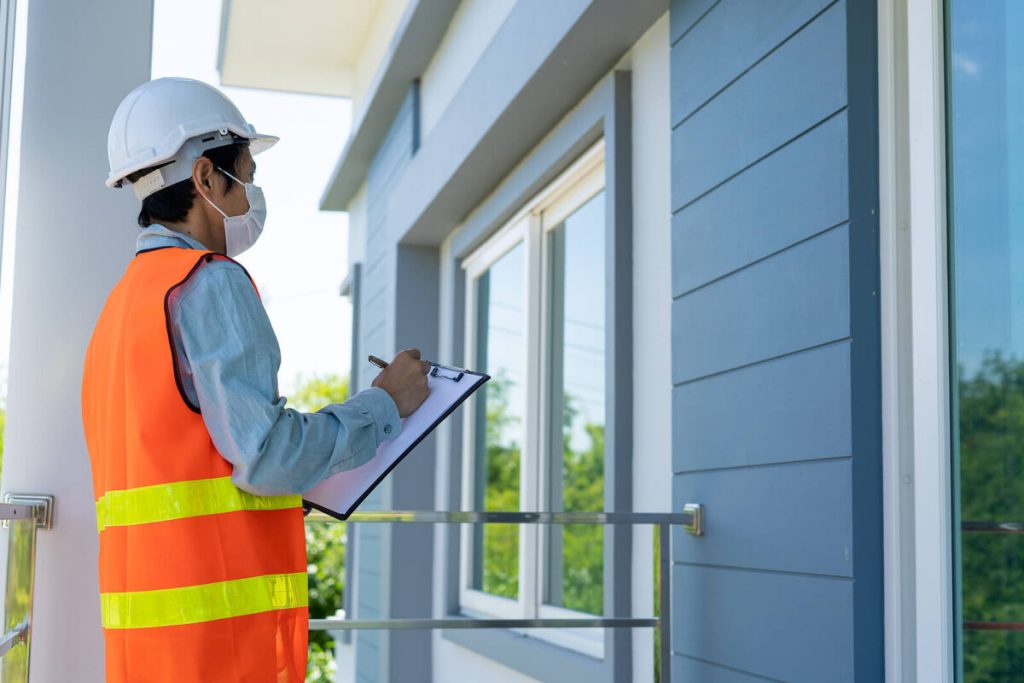
Whether you’re buying, selling, or maintaining a property, a home inspection is a crucial process. It provides a thorough evaluation of a property’s condition, helping you identify potential issues before they become costly problems. Professional home inspections not only safeguard your investment but also provide valuable insights into a property’s safety, functionality, and overall health.
What Is a Home Inspection?
A home inspection is a detailed examination of a property’s structural and functional elements. Conducted by a certified professional, the process evaluates key areas such as the foundation, roof, plumbing, electrical systems, HVAC, and more. The goal is to provide a comprehensive report on the current condition of the property and uncover any potential issues that may require attention.
Why Are Home Inspections Important?
- For Buyers
Purchasing a home is a significant investment, and a thorough inspection ensures you know what you’re getting into. It helps uncover hidden issues, such as foundation cracks or electrical problems, allowing you to make an informed decision or negotiate repairs with the seller. - For Sellers
A pre-listing inspection allows sellers to address problems before putting their property on the market. This proactive approach can lead to a smoother transaction and help justify the asking price. - For Homeowners
Regular inspections are essential for maintaining your property. They identify wear and tear, potential safety hazards, and areas in need of maintenance, helping you avoid expensive repairs down the line.
What Does a Home Inspection Cover?
A comprehensive home inspection typically includes:
- Structural Components
Inspectors examine the foundation, walls, roof, and framing for any structural integrity issues. - Electrical Systems
Wiring, outlets, switches, and the main electrical panel are checked for functionality and safety compliance. - Plumbing Systems
Pipes, fixtures, water heaters, and drainage systems are evaluated for leaks, clogs, and proper operation. - HVAC Systems
Heating, ventilation, and air conditioning units are tested to ensure they are functioning efficiently. - Roof and Attic
Inspectors look for signs of damage, leaks, or poor ventilation. - Exterior Elements
This includes siding, windows, doors, and gutters, ensuring they are in good condition. - Interior Features
Walls, ceilings, floors, and stairs are inspected for damage, wear, or hazards.
Benefits of Professional Home Inspections
- Peace of Mind: A thorough inspection reduces uncertainties, whether you’re buying, selling, or maintaining a home.
- Financial Protection: By identifying issues early, inspections help you avoid costly repairs in the future.
- Increased Property Value: Addressing problems discovered during an inspection can improve your home’s resale value.
- Safety Assurance: Inspections uncover hazards, such as mold, radon, or faulty wiring, that could jeopardize your safety.
When Should You Schedule a Home Inspection?
- Before Buying a Home: A pre-purchase inspection is essential for making an informed investment.
- Before Selling a Home: A pre-listing inspection helps streamline the selling process.
- Routine Maintenance: Regular inspections every few years ensure your home remains in optimal condition.
Choosing the Right Home Inspector
When hiring a home inspector, look for:
- Certification: Ensure they are certified by a reputable organization such as ASHI or InterNACHI.
- Experience: Choose someone with a track record of thorough and accurate inspections.
- Detailed Reports: A good inspector provides a comprehensive report with clear findings and recommendations.
Conclusion
Home inspections are a vital step in maintaining or transferring property ownership. Whether you’re a buyer, seller, or homeowner, investing in a professional inspection ensures you protect your financial interests, address safety concerns, and make informed decisions.
FAQs
1. How long does a home inspection take?
A typical home inspection lasts between 2 to 4 hours, depending on the size and condition of the property.
2. Can a home fail an inspection?
A home inspection isn’t a pass/fail process. It highlights issues that need attention, helping buyers or sellers make informed decisions.
3. How much does a home inspection cost?
The cost varies based on location, property size, and complexity but generally ranges between $300 and $500.
4. Should I attend the home inspection?
Yes, attending the inspection allows you to ask questions and better understand the findings.
5. What happens after the inspection?
The inspector provides a detailed report with observations and recommendations. Buyers or sellers can use this report to negotiate repairs or plan maintenance.